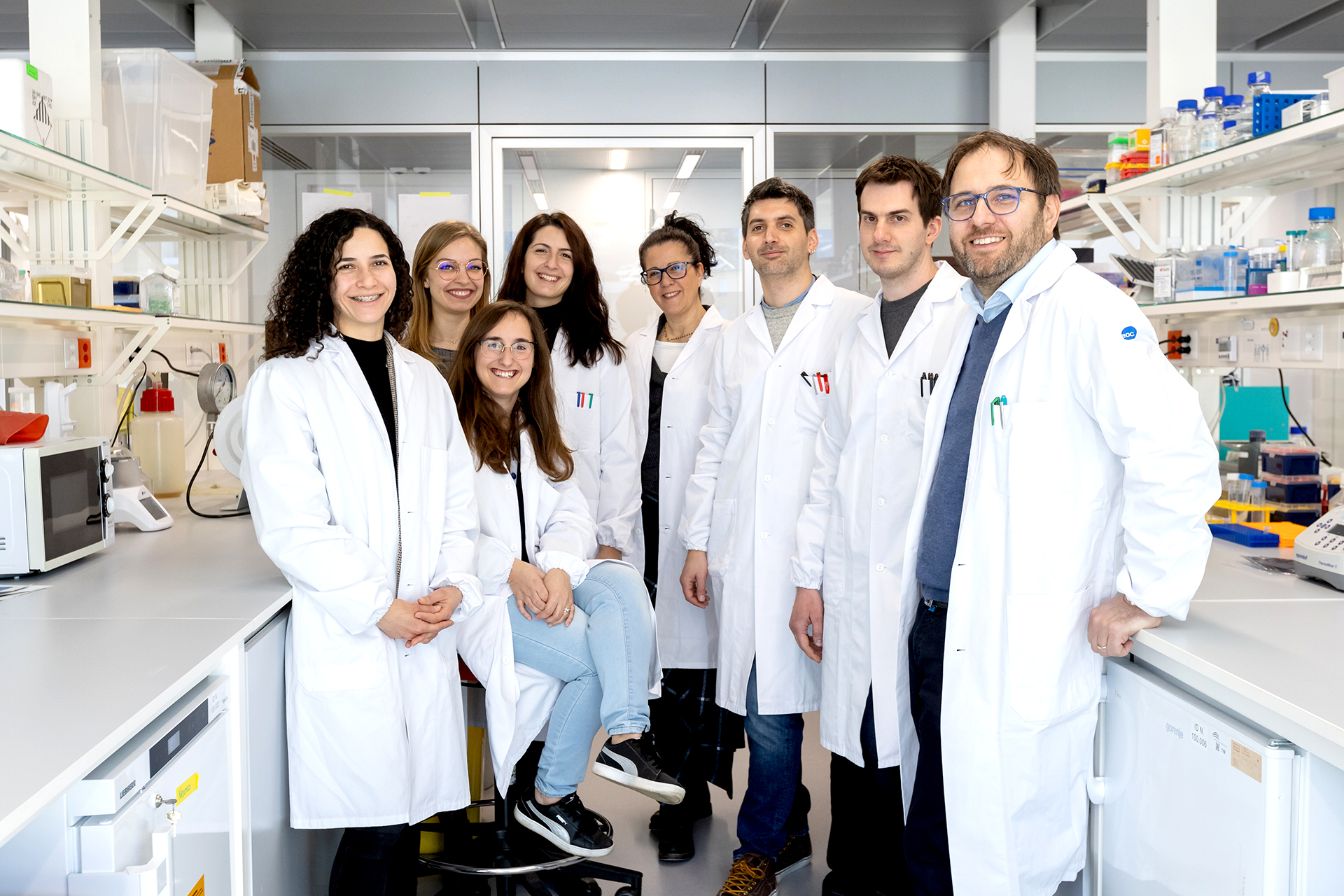Theranostics

Theranostics" (therapeutic + diagnostic) is a concept in medicine that combines accurate diagnostics with therapeutic effects. Secreted extracellular vesicles (EVs) fit perfectly with this definition as they offer a new paradigm for both diagnosis and treatments for cardiological patients. Laboratory for Cardiovascular Theranostics (LCT) research focuses on potential applications of EVs as a "theranostics tool" in cardiovascular diseases. The therapeutic dimension of this research involves a project aimed at harnessing a novel cell-free approach to foster effective cardioprotection, with the goal of preventing heart failure. Notably, secreted EVs derived from cardiac progenitor cells (CPC) have demonstrated promising outcomes, including reduced scarring and enhanced functionality in small animal models of myocardial infarction. Over the years, our laboratory has progressed through all preclinical phases, conducting in vitro studies and advancing to large animal models. Studies on the role of CPC-EV as a cardioprotective agent from our group resulted in publications among the very first reports on such a topic. Recently, we developed a protocol for isolating and purifying a clinical-grade EV-based therapeutic product (Exo-GMP). The scale-up process resulted in deposited and recently approved patents. Exo-GMP was tested in a large animal preclinical study in a porcine model of acute myocardial infarction. The intracoronary administration of Exo-GMP showed positive effects, including scar reduction, improved heart function, neoangiogenesis, and anti-fibrotic effects in the heart. The allogeneic, off-the-shelf nature of the manufactured Exo-GMP, making them suitable for patients undergoing percutaneous coronary intervention.
On the diagnostic side, we completed a series of studies performing molecular analysis of biofluid-derived EVs. We profiled surface proteins and membrane lipids of plasma- and serum-derived EVs. The EV-based diagnostic test standardized by our laboratory has been evaluated as a diagnostic tool to stratify patients according to their cardiovascular risk and to evaluate acute cardiac rejection following heart transplantation. We were able to discriminate different types of rejection and stratify their grade of severity. Very recently, we used the profiling of EVs as a prognostic tool for predicting severity in COVID-19.
In a completely independent line of research LCT actively investigates the role of senescence in cardiovascular diseases. One focus involves an in vitro model of premature senescence in human cardiomyocytes, utilizing Induced Pluripotent Stem Cells (iPS) technology. This unique platform facilitates the study of cellular mechanisms underlying senescence-associated cardiac diseases in humans. Furthermore, the role of senescence is explored in vivo using an animal model of myocardial infarction. The acute ischemic event induces the formation of fibrotic tissue and the accumulation of senescent cells, releasing factors that can impact the functionality of heart cells. This research aims to investigate potential "senolytic" and/or "senostatic" approaches to ameliorate senescence-associated damage in the heart.
Laboratory for Cardiovascular Theranostics : Istituto Cardiocentro Ticino